What are you afraid of?
In honor of Halloween, I thought we might as well dig into the things that really scare us in our unique enneagram type. Yep, that’s a thing.
Interestingly, we come into this world with open, vulnerable, innocent, curious souls. We come full of goodness, devoid of shame. Ah but it doesn’t take long to discover this world and its inhabitants are highly imperfect. We quickly learn in our early years that we are not entirely safe and must act to self-protect and get our needs, basic and developmental, met by the important people around us. The “glory” starts to dim. This is part of the making of our little personalities. And they’re brilliant! Yet not ultimately helpful in adulthood.
And here’s the kicker: these patterns of strategy or personality are built around fear born out of specific childhood wounds. We all have them. Some are more benign than others, oh but it’s there alright.
The Enneagram teaches there are nine core patterns of personality in the world (27 if you count subtypes!). You and I gravitated towards one in particular in early childhood based on the landscape of our early life experiences. These personalities are incredibly helpful for sniffing out and avoiding anything that may remotely remind us of our childhood wounding. After all, human beings are wired for survival, and our neurobiology and personality patterns are the most effective ways to do just that and stay safe.
Today, I wanted to give you a basic understanding of each Enneagram type’s core fear. If you are unsure of your type, these will also bring more clarity to you as you identify with your unique experience of fear throughout the years.
Let’s dive in.
Type Ones fear being bad, corrupt, and ultimately unworthy. Often, you hear type ones describe a difficult experience where they were publicly embarrassed, called out, or humiliated. As Improvers, they learned early on how good it felt to do the right thing and behave according to the rules. As a result, they have unrealistically high expectations of themselves and others and often feel trapped by their loud inner critic and perfectionistic tendencies.
Type Twos fear being unlovable. Early on, they had a love need that didn’t get met, and they spend their time and energy ensuring connection with others in relationships, often engineered by giving and helping. As a result, they live their lives asleep to their own needs and desires and often only know themselves in relation to other people.
Type Threes fear failure and being without value. As a result, they are driven to success at all costs. Early on, they garnered love and acceptance through their impressive achievements which gave them their sense of worth and value. They learned to turn off their emotions and disconnect from their true selves in order to get the job done and look good doing it, often becoming deceitful to self and others.
Type Fours fear being deficient and ultimately rejected or abandoned. Many fours describe an early actual or perceived experience of loss of love—and as a result—abandonment or deprivation. The story they make up in their head is that somehow they caused this. So they spend a great deal of time and energy focusing on how to somehow reverse this with the ideal relationship or situation. This normally always involves being seen as special and unique. In the process, they can become self-absorbed, hot-and-cold, and chronically melancholic.
Type Fives fear being useless, incompetent, and helpless. Their early experience often involves being neglected or engulfed by caregivers whom they needed in order to survive. They were somehow unaware and unresponsive of their needs which forced little fives to go inward, detach, and hold onto the little they had. Their survival came from their ability to acquire knowledge and understanding as well as their self-sufficiency. In the process they became emotionally and physically cut-off from the world and often stingy, both emotionally and practically.
Type Sixes fear being without support and guidance. As little people, they often describe being in threatening ongoing situations and as a result, they developed a belief that the world was a dangerous place. The prototypical “fear” type, sixes focus their time and energy on safety and security as well as feeling supported. As excellent problem solvers, sixes can often become real problem seekers and worst-case scenario thinkers.
Type Sevens fear being trapped or in pain. Young sevens often describe a difficult relationship with one parental figure (often maternal) that was overbearing, stern, and dominant. (Can also work the other way with the paternal caregiver.) Based on this early experience, they believe that authority equals limitation, and much like eights, despise being told what to do. As a result, they like to keep things open and exciting with lots of options. In the process, they can become scattered, disconnected from reality, and unable to integrate the normal pain of life into their experience.
Type Eights fear being weak or controlled by others. Many eights describe a combative or conflict ridden early childhood where they had to grow up fast in order to survive. They had to disconnect from their childlike innocence because of a lack of protection of some type of deprivation. As a result, eights avoid weakness and being controlled by others at all cost and can be experienced as dominating, excessive, and overly impactful.
Type Nines fear loss or disconnection. They often describe an early experience where their opinions didn’t matter or weren’t heard. Perhaps there were others who had louder voices or opinions, or they were overlooked somehow. So in order to feel calm and secure, they went along with what others wanted. Through this experience of being overlooked or overpowered, they become expert in accommodating the needs, desires, and agendas of others. As a result, much like two’s, they become overly dependent on others and feel that their presence in the world doesn’t matter.
Which type’s core fear speaks the loudest to you?

